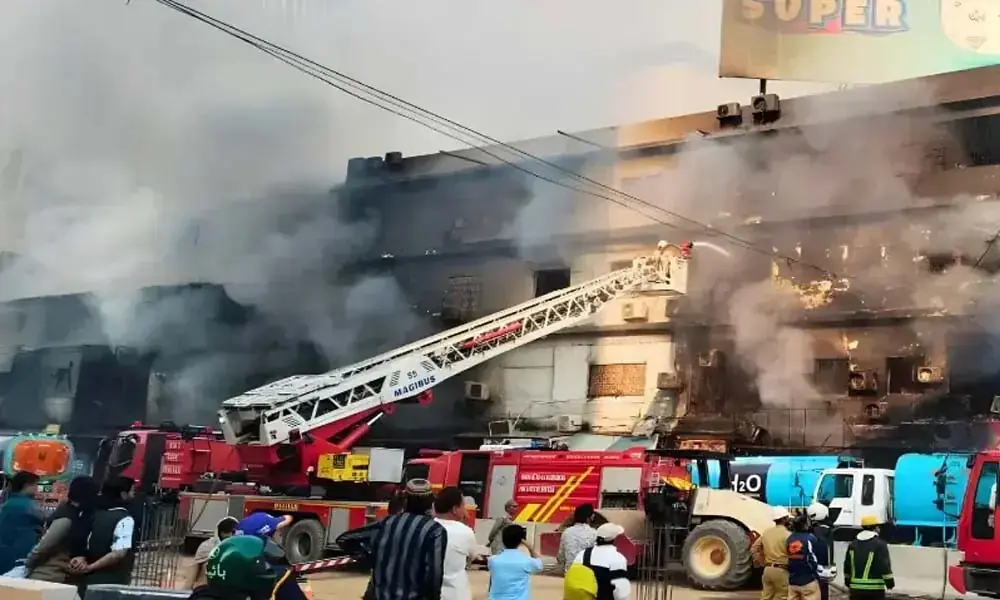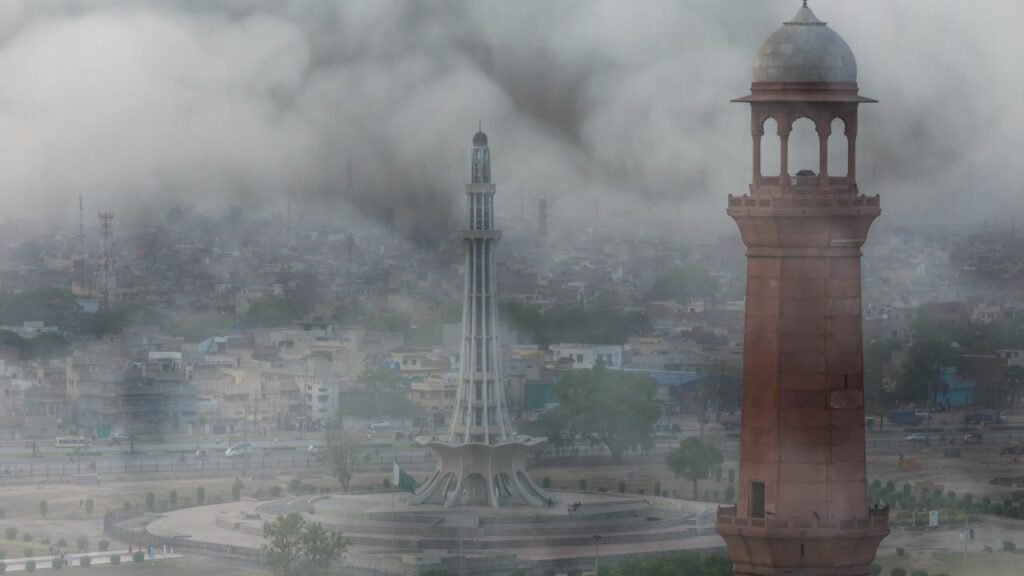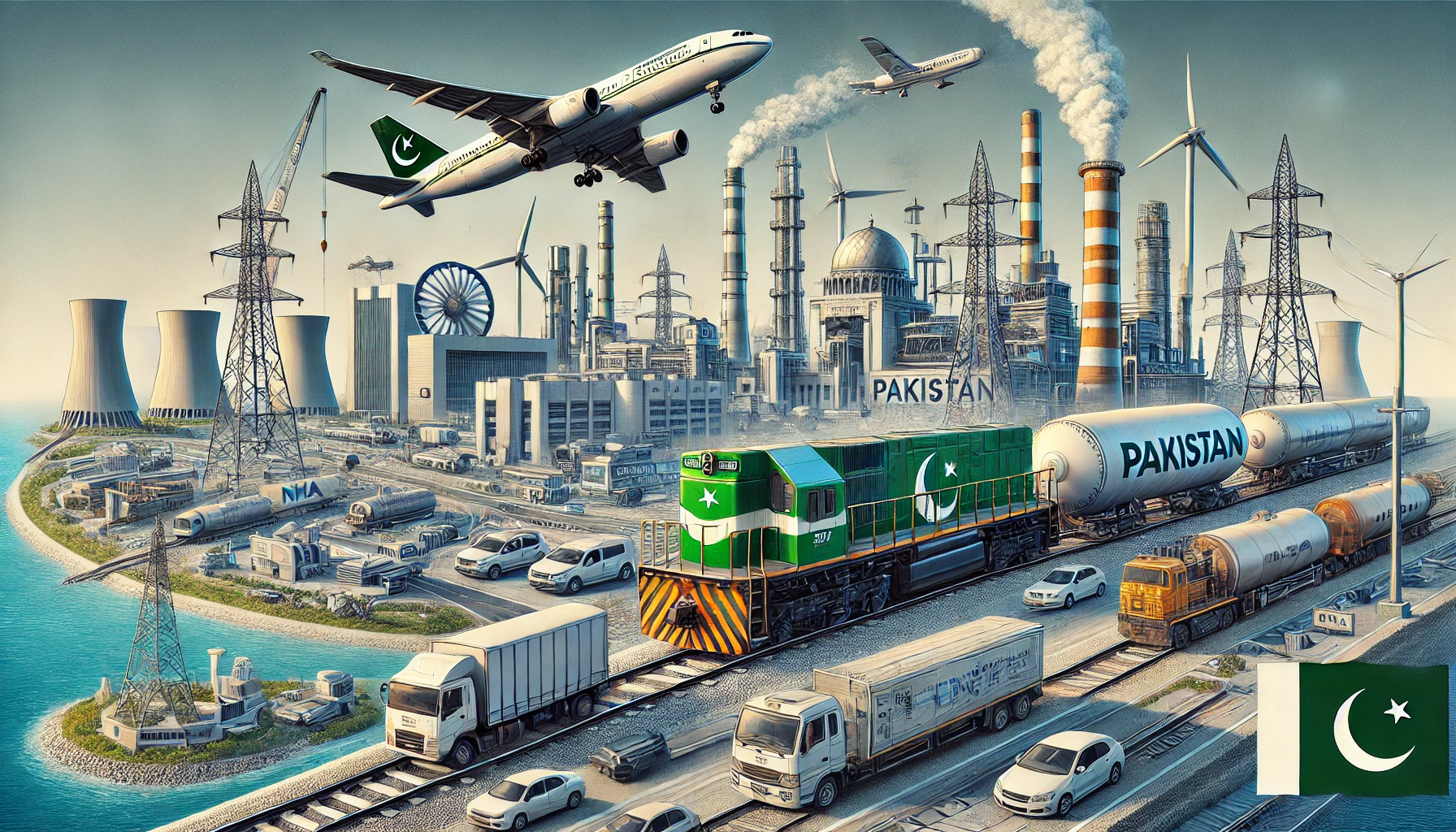Noman Khan
International politics refers to the interactions and relationships between different countries and the way they navigate their interests, conflicts, and alliances on the global stage. Its nature is complex and multifaceted, encompassing a wide range of political, economic, social, and security issues that have a profound impact on the world as a whole.
The nature of international politics is characterized by the pursuit of national interests, power dynamics, and the inherent competition among states. This can often lead to diplomatic negotiations, economic sanctions, military interventions, and other forms of strategic manoeuvring aimed at securing advantages and influence in the international arena. Furthermore, international politics is influenced by an array of actors such as nation-states, intergovernmental organizations, non-governmental organizations, multinational corporations, and transnational advocacy networks, each playing a pivotal role in shaping global affairs.
The evolution of international politics is a dynamic process that is shaped by historical events, technological advancements, demographic changes, and shifts in economic and political power. Over time, we have witnessed the evolution of traditional state-centric geopolitics to a more interconnected and interdependent global system, characterized by the rise of supranational organizations, economic globalization, and the increasing influence of non-state actors. Moreover, the evolution of international politics is influenced by emerging issues such as climate change, cybersecurity, and global health crises, which have added new layers of complexity to the global political landscape.
Concludingly, international politics is a complex and dynamic field that encompasses a diverse array of actors, interests, and issues. Its nature is constantly evolving, driven by historical, technological, and geopolitical developments, and it is essential for policymakers and analysts to adapt to these changes in order to effectively navigate the complex web of global politics.
Since the conclusion of World War II, the geopolitical landscape has remained sharply divided between two ideological camps: the Right and the Left. These two factions have engaged in an ongoing ideological debate, with the Right espousing values such as private enterprise, minimal government intervention in market economies, democratic governance, and traditional family principles, while the Left advocates for social solidarity, government involvement in the economy, the prioritization of social concerns over democratic forms, and the defense of minority rights. However, the authenticity of these professed values among opponents has raised questions regarding the genuine ideological dimension of this enduring contest.
Joseph Stiglitz, in his book “The Road to Freedom,” raises pivotal questions about the concept of freedom, particularly in the context of the dilemma faced by indebted nations like Pakistan. These countries rely on financial assistance from international institutions such as the World Bank and the IMF, often leading to decisions that undermine public interests and exacerbate political instability.
The current state of the global economy is inadequately understood by both the Left and the Right, impeding the formulation of clear ideological options and coherent political messages. Lacking awareness of crucial economic realities, such as the diminishing economic significance of the West compared to other regions, the escalating U.S. public debt, and its unsustainable financing through monetary issuance, has further complicated the geopolitical landscape. The left versus right debate is marked by a lack of understanding of the ongoing world geopolitical confrontation, characterized by a struggle between Western hegemonic dominance and a perception of multipolarity advocated by powers such as Russia and China.
As evidenced by the emergence of alliances such as the China-led SCO and the Russia-dominated BRICS alliance, a shift is underway from traditional divisions based on political and economic models towards a straightforward struggle for power between Western hegemonic primacy and a growing coalition of countries with diverse economic and political systems that resist it. Furthermore, traditional allegiances of right-wing countries to Western powers and the economic dependencies of the Left have led to ideological distortion and confusion in the face of these evolving geopolitical realities.
The intensifying geopolitical hostility is likely to deepen ideological divides among the Left and the Right, impacting countries like Pakistan and influencing their internal, foreign, and economic policies. As geopolitical confusion prevails and alignments are reconsidered, policymakers must navigate these complexities with a cautious approach, considering the intricate historical underpinnings that shape global power dynamics.















